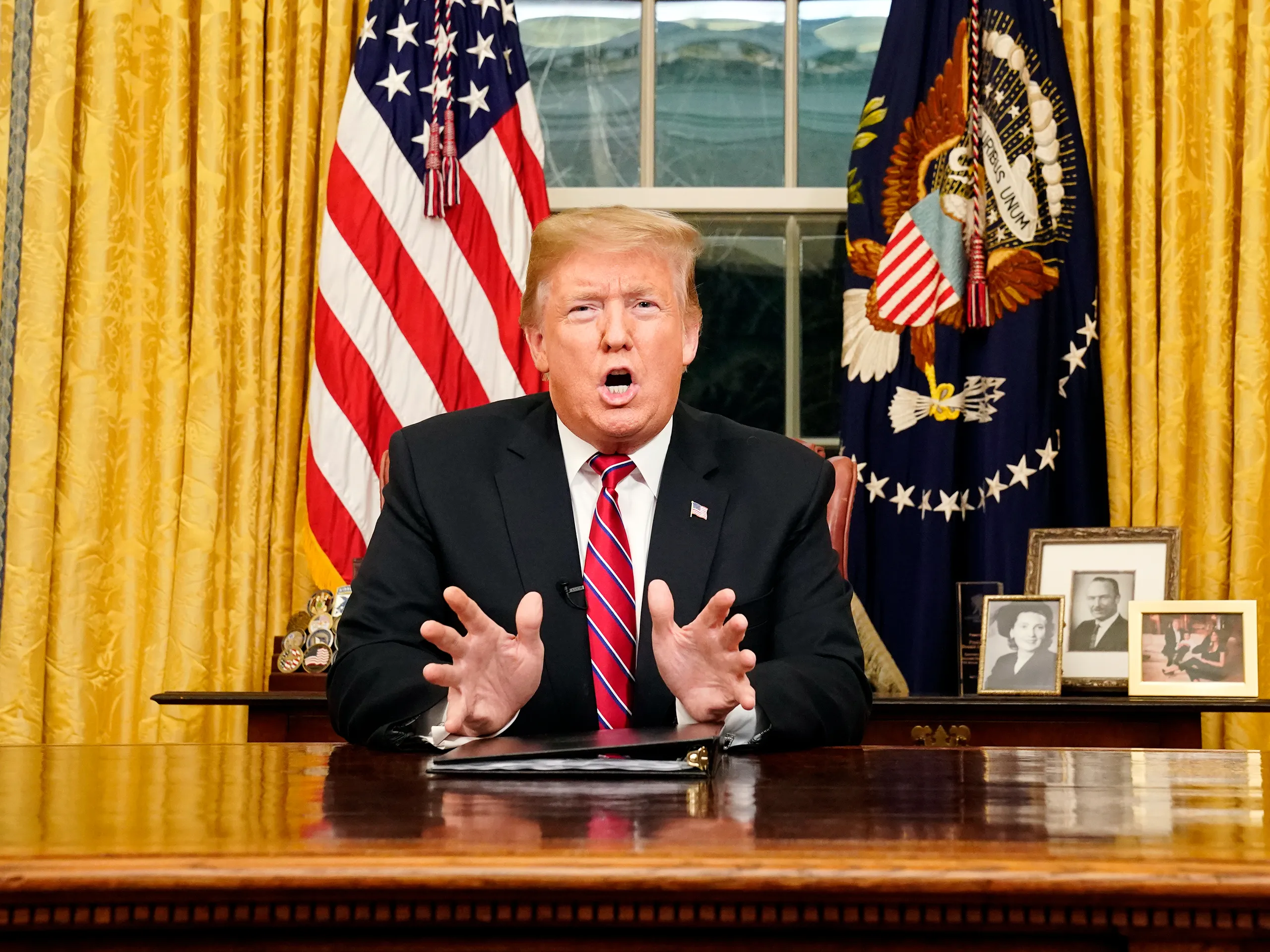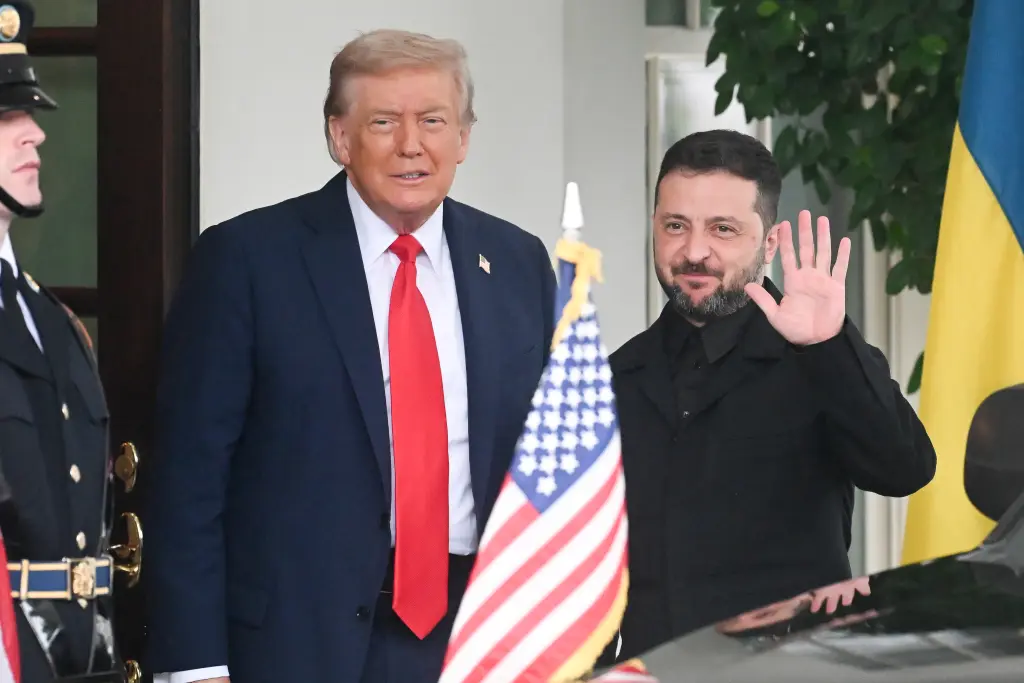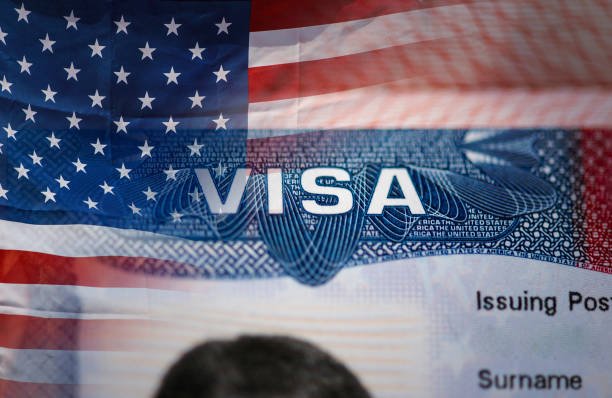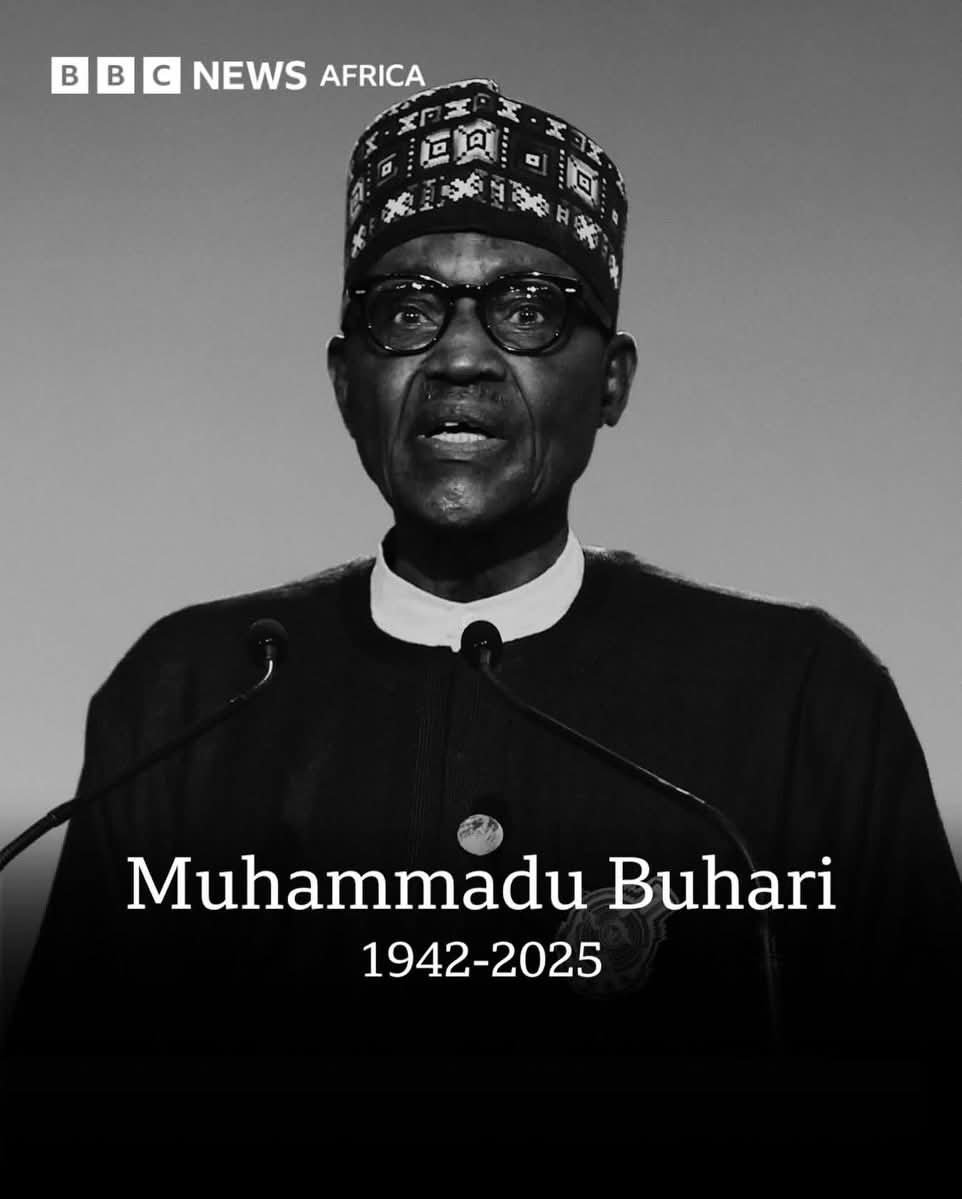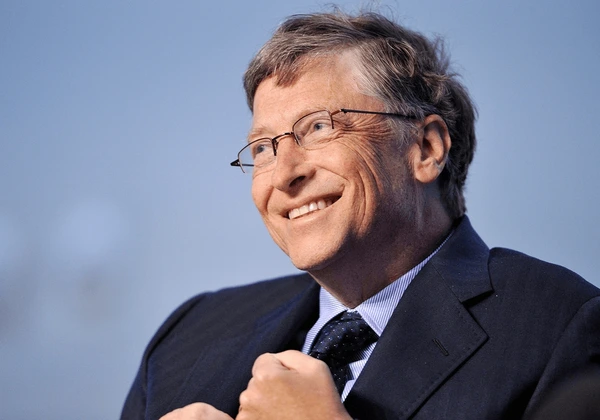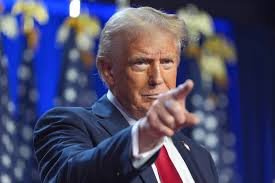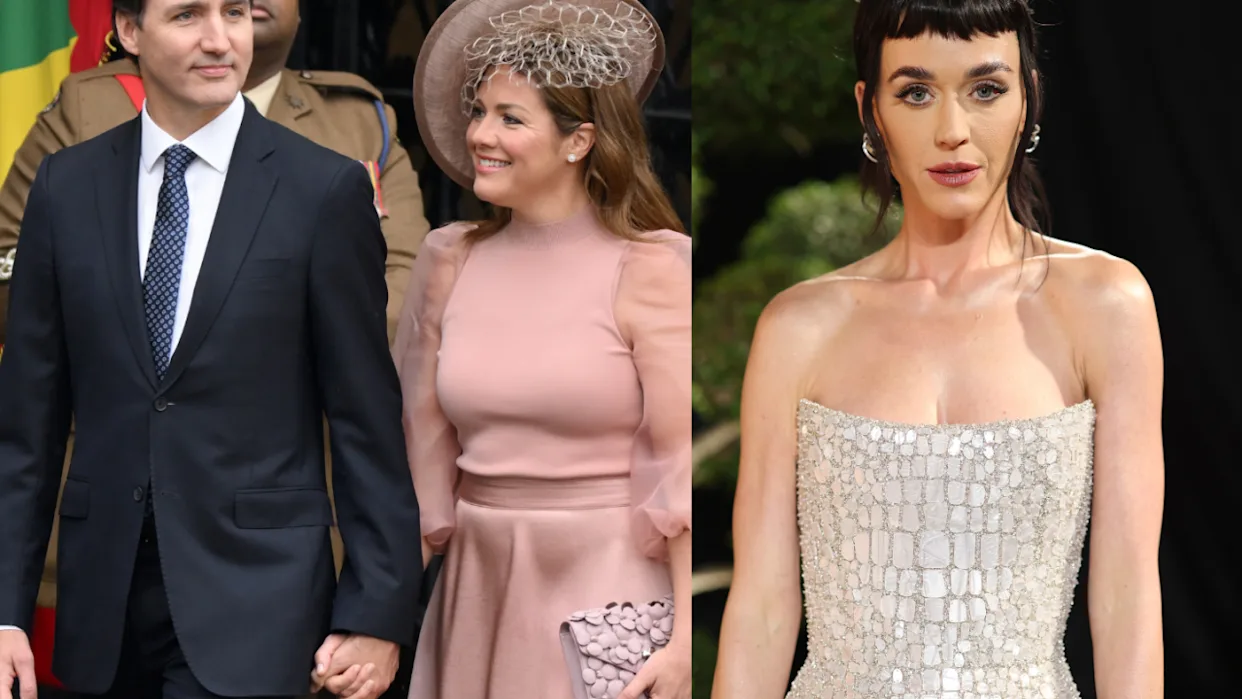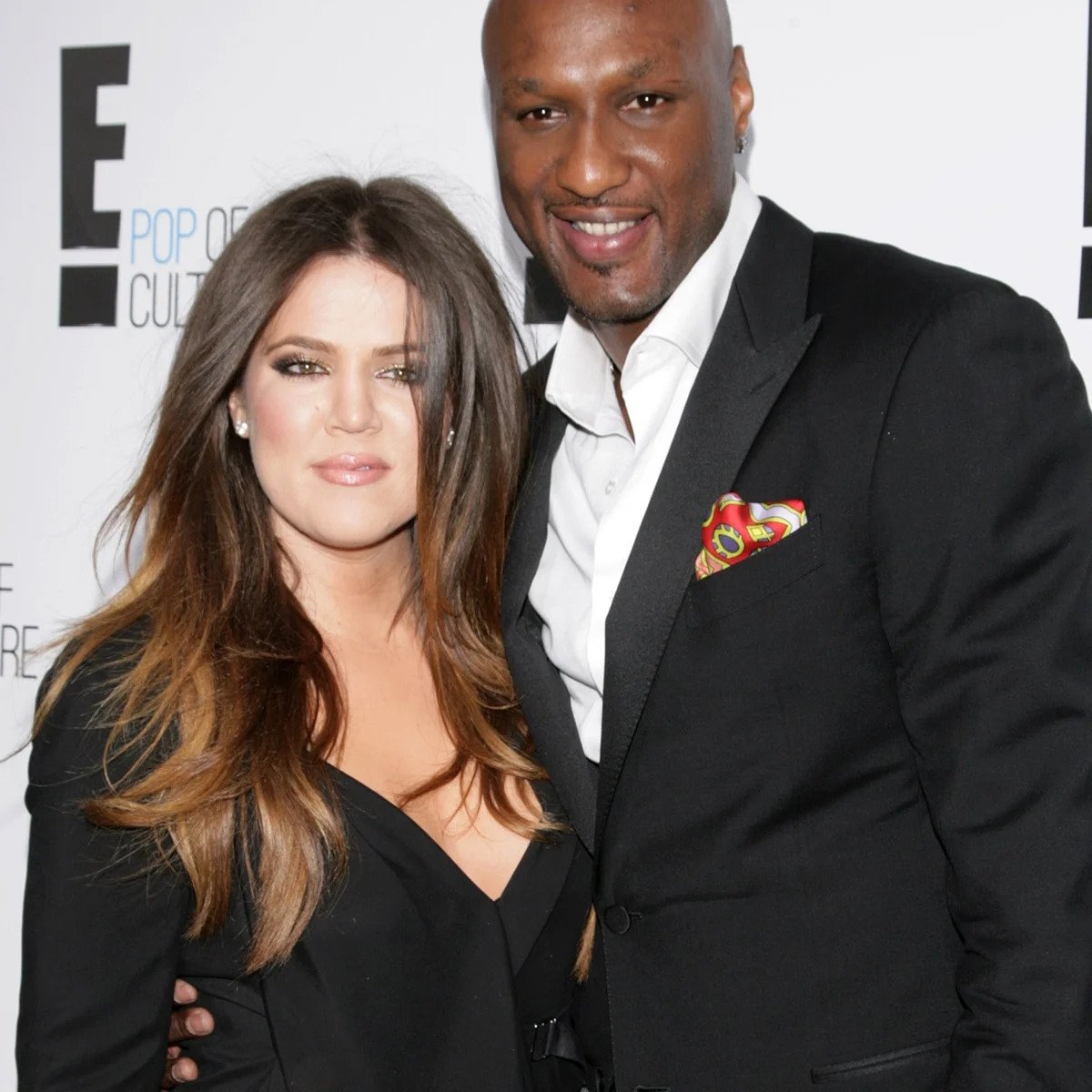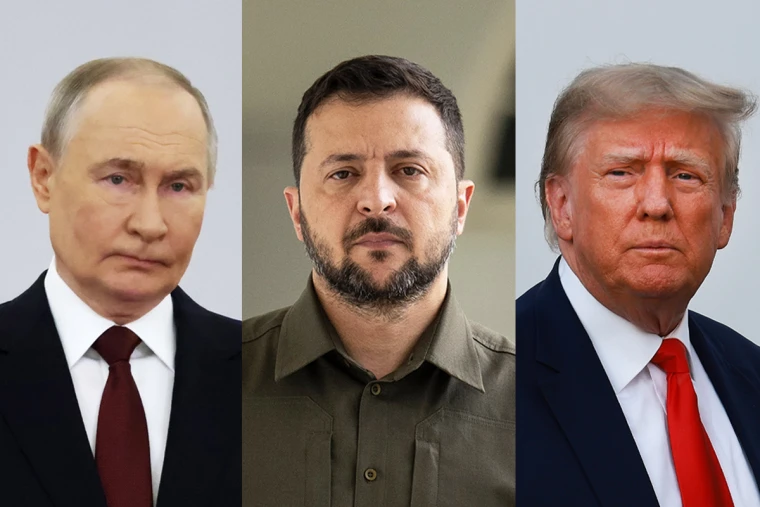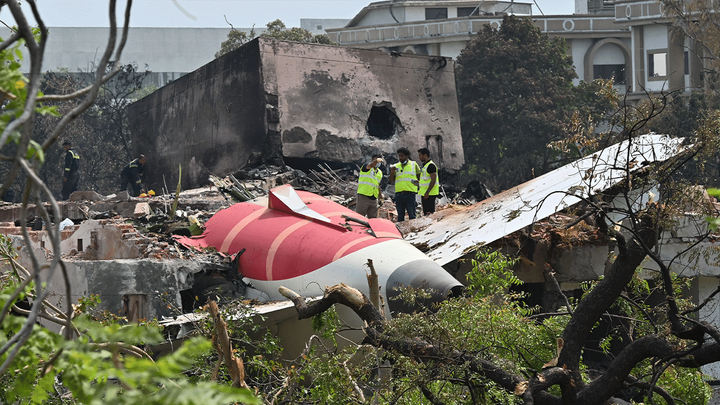Bill Gates, co-founder of Microsoft and one of the world’s most prominent philanthropists, has seen his net worth plunge by $51 billion in a matter of days, according to the Bloomberg Billionaire Index. The sharp decline is linked to the intensification of his charitable donations, a move that aligns with his long-standing pledge to give away the majority of his fortune.
Once ranked the world’s richest individual, Gates has now dropped to 12th place on the index, with his wealth falling from $175 billion to $124 billion. He now trails behind several billionaires, including former Microsoft executive and current Los Angeles Clippers owner Steve Ballmer, who has climbed to fifth place with a net worth of $173 billion. Elon Musk remains at the top of the list with $360 billion.
Gates’ declining wealth reflects his deliberate decision to not “die rich”. In May, he reiterated plans to donate 99% of his fortune over the next 20 years, with the Bill & Melinda Gates Foundation—co-founded with his former wife, Melinda French Gates—scheduled to close permanently by December 31, 2045.
“People will say a lot of things about me when I die, but I am determined that ‘he died rich’ will not be one of them,” Gates wrote in a recent blog post.
“There are too many urgent problems to solve for me to hold onto resources that could be used to help people.”
He noted that his decision was deeply influenced by the life-saving impact of the foundation, particularly in delivering vaccines for preventable diseases such as diarrhea and pneumonia, which continue to claim lives in low-income countries. His renewed philanthropic push also comes at a time when global foreign aid—especially from the U.S. and Europe—has been decreasing due to geopolitical conflicts.
Despite the drop, Gates remains one of the wealthiest individuals in the world, with his net worth estimated at around $123 billion as of the latest update.
Founded in 2000, the Gates Foundation has become one of the most influential charitable organizations globally. It has reportedly disbursed over $100 billion to support health, education, and development initiatives across the world.

